Undergoing rehabilitation for an injury, a disability, or an illness can be a demanding journey. Using approaches and activities that are fun while also beneficial can have a fantastic impact on your goals and achievements.
Music therapy may sound daunting to some people, but please, don’t shy away! You do not need any prior experience or skills to reap the benefits. It’s all about improving your functional independence and having a great time along the way.
If you’re looking for an interesting and motivating way to improve certain aspects of your body, functionality, communication, and confidence, Royal Rehab Private Petersham can assist you through music therapy. Our inpatient can include this form of rehabilitation in your tailored plan to help you reach your goals.
What is music therapy?
Music therapy is an evidence-based practice in which trained professionals support patients who are working to improve their health and function using music.
Music-based interventions are used in individual or group sessions to target the relevant physical, cognitive, emotional, and communication requirements of each participant. This form of therapy involves an array of activities. These may include options such as:
-
- Listening to music played by our experienced music therapists
-
- Singing
-
- Writing songs
-
- Playing instruments
Taking part in one or more of these can help in many areas of your rehabilitation journey to assist with improving your physical and mental health, and your overall wellbeing.
How does music therapy work?
Music can be a powerful force. It can influence our mind, body, and behaviour through its ability to distract us, slow us down, motivate us, move us (both physically and emotionally), and activate our brains. Music therapy harnesses that power.
Research on music therapy is constantly growing and there is strong evidence of its positive effects. A large part of this is the way it can facilitate neuroplasticity, which involves the nervous system’s ability to alter its activity by reorganising its connections, functions, or structure. Music can activate the centres in the brain that are responsible for cognition, speech, and motor control, and trained therapists can tailor programs to target weaknesses or difficulties in these areas.
Who can benefit from music therapy?
If you are looking to improve your physical or mental health, music therapy could be a great fit for you.
There is a huge range of people who can benefit from music therapy, if not everyone!
Patients who find it especially helpful may include those who have:
-
- Communication difficulties. These could be a result of issues such as neurodevelopmental disorders or respiratory dysfunction and may involve such features as stuttering and voice weakness.
-
- Physical difficulties. These may be caused by degenerative conditions, developmental delays, or neurological injuries and illnesses and may involve coordination, gait, balance, and motor skills issues.
-
- Cognitive impairments. These may develop from conditions such as dementia or brain injury and can involve issues such as memory loss and attention deficits.
-
- Pain management requirements. These may arise due to many conditions, illnesses, and injuries, such as cancer and burns.
-
- Grief and mental health issues. These may develop from a range of factors such as loss of bodily function, changes to self-identity, bereavement, and trauma.
What are the benefits of music therapy?
The advantages of taking part in music therapy can be wide-reaching. Some may include:
-
- Better control over speech
-
- Increased strength and mobility
-
- Improved balance, motor skills, and gait
-
- Enhanced memory and concentration
-
- Strengthened mental health and emotional wellbeing.
-
- Distraction and fun
-
- Socialisation and support
Who runs the music therapy sessions?
Our music therapists are qualified and appropriately registered. They are experienced and devoted to helping you throughout your rehabilitation program.
We will work with you to develop a personalised and suitable plan that helps you toward your goals. We will support your unique abilities and skills, and assist you in a nurturing, non-judgmental, and friendly environment.
To enquire about music therapy, contact our friendly team at (02) 8585 4900.


